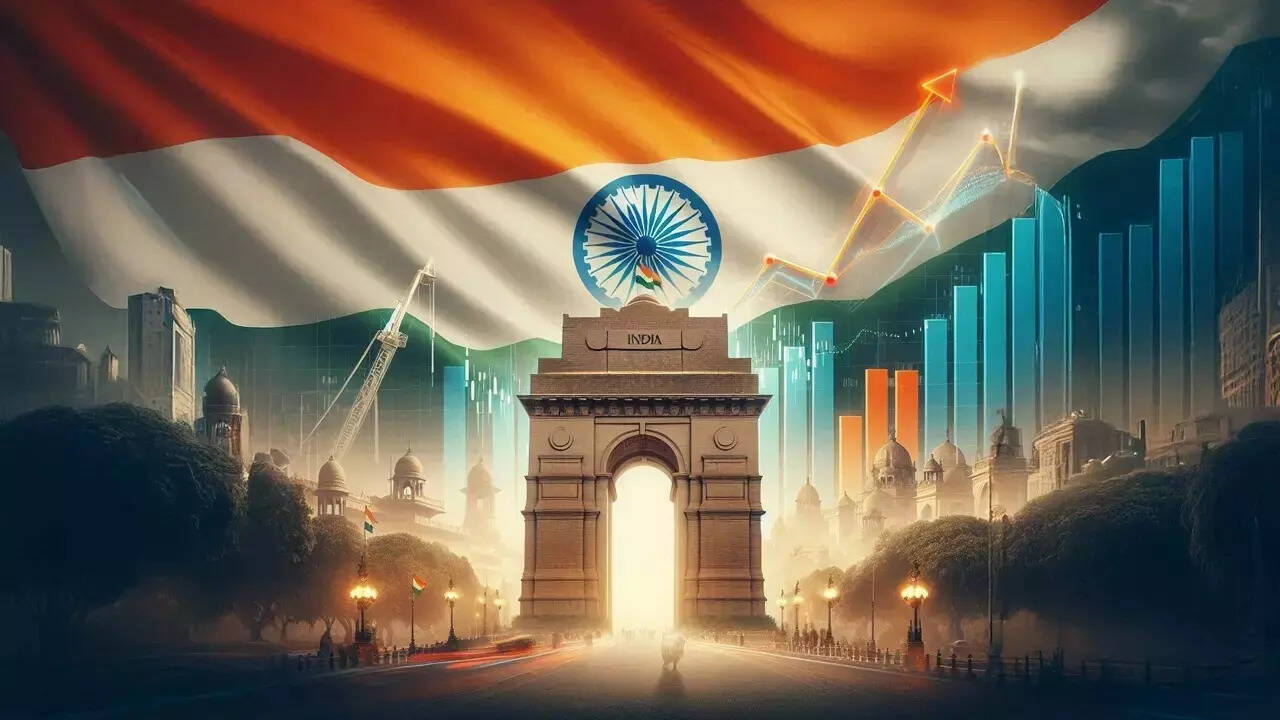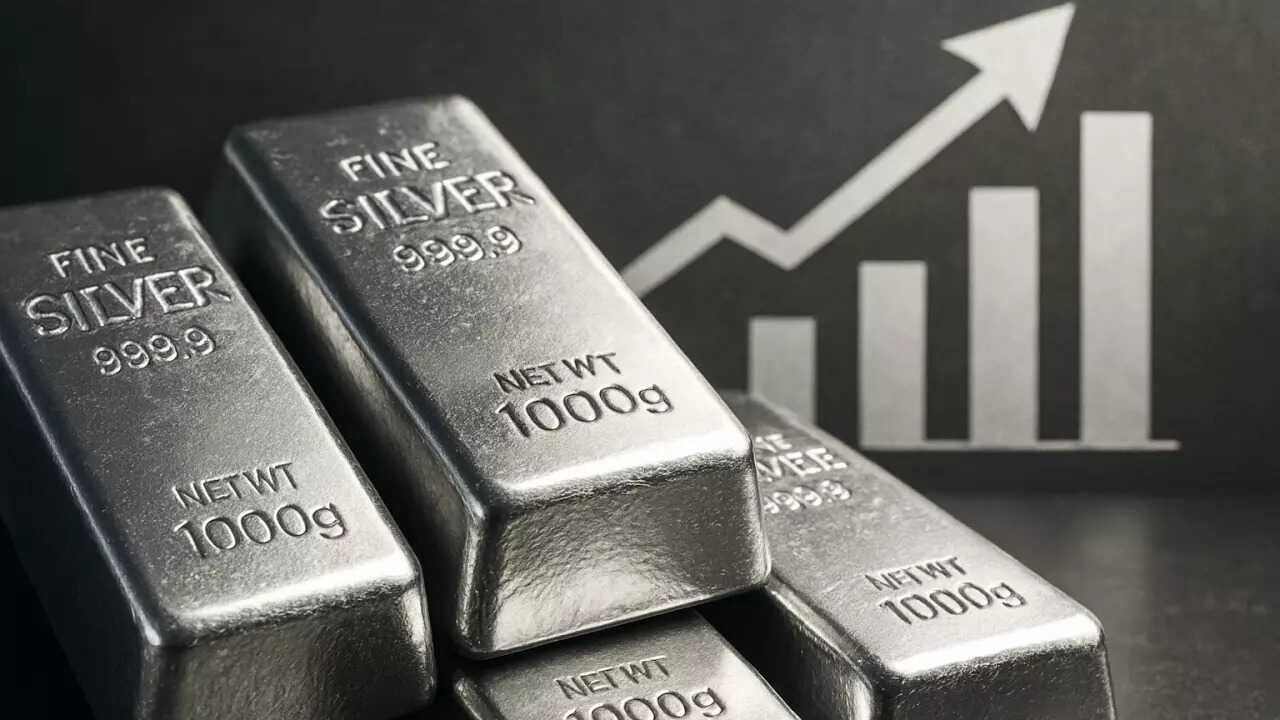India’s robust economic growth faces threats from escalating tensions in West Asia, particularly the Iran-Israel conflict, which could spike oil prices and disrupt trade routes. While India possesses sufficient energy reserves, potential disruptions could elevate inflation and shipping expenses. Government officials are closely monitoring the situation, confident that India’s strong macroeconomic indicators will help it weather the crisis.
Can Geopolitics Spoil India’s Growth Party? A Closer Look at the Iran-Israel Tension
Okay, let’s be honest. We’re all trying to navigate a world that feels increasingly like a pressure cooker. Between inflation worries, election year jitters, and the everyday hustle, the last thing most of us want is another geopolitical crisis to worry about. But sometimes, those far-off conflicts have a nasty habit of creeping into our own backyards. And the escalating tension between Iran and Israel? Well, it could have a bigger impact on India’s economic trajectory than you might think.
For the last few years, India’s been painting a pretty impressive picture. We’ve been the “fastest-growing major economy,” a phrase that’s become almost a national slogan. Infrastructure projects are booming, foreign investment is (generally) flowing, and a rising middle class is fueling domestic demand. But all this progress isn’t happening in a vacuum. It’s built on a foundation of relatively stable global trade and, crucially, access to affordable energy.
And that’s where the Iran-Israel situation throws a wrench into the works. Think of India as a car revving its engine, ready to speed down the highway of economic growth. Oil is the fuel. A disruption in the oil supply is like someone clamping down on the fuel line.
Here’s the not-so-fun reality: India imports a significant chunk of its oil. While we’ve diversified our sources somewhat, the Middle East remains a vital supplier. Any escalation between Iran and Israel – whether it’s a direct confrontation or proxy battles – could send oil prices soaring faster than you can say “stagflation.” And higher oil prices ripple through the economy like a bad rash.
Think about it. Transportation costs go up, making everything from groceries to electronics more expensive. Manufacturing becomes pricier, potentially hurting our export competitiveness. Inflation, already a persistent headache, gets even worse, squeezing household budgets and dampening consumer spending. That dream of buying a new car? Postponed. That vacation you were saving for? Maybe a little closer to home this year.
Beyond oil, there’s another, often overlooked, factor: trade routes. The Strait of Hormuz, a narrow waterway connecting the Persian Gulf to the Arabian Sea, is a crucial artery for global oil shipments. Guess who controls a significant portion of that waterway? Iran. Any disruption to shipping through the Strait, even a perceived threat, can send shockwaves through the global economy. Imagine the domino effect: increased insurance premiums for ships, delays in deliveries, and ultimately, higher prices for consumers.
But it’s not just about oil and shipping. India has also been investing heavily in strategic projects like the International North-South Transport Corridor (INSTC), which aims to create a trade route connecting India with Russia and Europe via Iran. The success of the INSTC hinges on regional stability. An unstable Iran throws a major spanner in those works, potentially delaying the project and impacting India’s access to new markets. This corridor could have opened doors to trade beyond the Red Sea route which has been affected by turmoil.
Now, it’s easy to paint a doomsday scenario. But India isn’t entirely helpless in this situation. The government can – and likely will – try to mitigate the impact through a combination of strategies. Diversifying energy sources further, tapping into strategic oil reserves, and engaging in diplomatic efforts to de-escalate tensions are all potential tools. The problem is that these are often reactive measures. Proactive solutions, like investing heavily in renewable energy infrastructure, take time and significant upfront investment.
Ultimately, the real impact of the Iran-Israel conflict on India’s growth story will depend on the severity and duration of the crisis. A short, contained flare-up might be manageable. But a prolonged, escalating conflict? That could seriously dent India’s economic ambitions. It would certainly introduce more volatility into the markets, making it harder for businesses to plan and invest.
So, what’s the takeaway? The world is interconnected. What happens in the Middle East doesn’t stay in the Middle East. It can, and often does, have repercussions that reach all the way to our wallets. While we can’t control geopolitical events, understanding their potential impact allows us to be more prepared, more resilient, and perhaps, a little less surprised when those faraway tensions start to feel a little too close to home. It’s a good reminder that sustainable, long-term growth requires more than just strong economic policies. It also demands a stable and peaceful global environment. And that’s something we all have a stake in.







